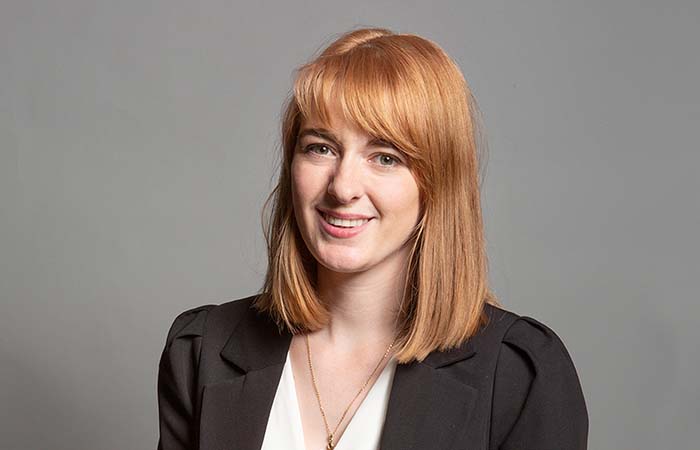Give pharmacies a role in prescribing anti-migraine drugs, says Tory MP
In Health & NHS news
Follow this topic
Bookmark
Record learning outcomes

Conservative MP Dehenna Davison has called on the Government to widen access to newer treatments for migraine by, a “crippling” condition she herself lives with.
In a House of Commons debate this week, Ms Davison urged to Government to take stronger action to support sufferers of migraines, a condition she said “ruins lives”. She placed particular emphasis on widening access to CGRP blockers, which at the moment “can be prescribed only by specialists such as neurologists, who can have extensive waiting lists”.
The current NICE guidelines, which in the case of the CGRP blocker erenumab recommend that it only be used with frequent migraine sufferers for whom three preventative treatments have failed, are “getting in the way of early treatment” for many patients, she said.
GPs commonly prescribe drugs initially designed to treat other conditions such as epilepsy, Ms Davison said, adding that not enough patient have access to newer drugs “specifically designed” to treat migraine and many wait “months, if not years” for effective treatment.
She called on ministers to request that NICE update its guidance so that “specialised treatments” are the first option, adding: “If specialist drugs could be prescribed in primary care as a first resort, we could reduce dramatically the impact of chronic migraine on patients.”
“Pilot work in Scotland has seen community pharmacy playing a greater role in prescribing drugs to prevent and manage migraine.”
Ms Davison referred to a pilot led by NHS Grampian, the Pharmacy Medicines Directorate and the Migraine Trust that has reportedly "seen partnerships forged with community primary and secondary care pharmacists".
Her arguments were echoed by fellow Conservative MP Gavin Williamson, who said: “I would put in a particular plea in relation to pharmacies. It is not always that easy to see a doctor when a migraine is starting to emerge—when the indicators that it is about to hit start to show themselves. That is why it is important to ensure that support and help are widely available.”
Mr Williamson urged minister for secondary care Andrew Stephenson to speak with the Department of Health and Social Care and “encourage it to be a little more bold and radical in its thinking”.
Responding to the points raised in the debate, Mr Stephenson said he “very much [hopes] that NICE has been listening” to the parliamentary debate, adding that it “keeps its recommendations under active surveillance” and makes its decisions independently of Government.
He assured Mr Williamson that he planned to speak with pharmacy minister Andrea Leadsom “about what more we can do to better utilise our local pharmacies”.
“At the moment, we expect that patients suffering from migraine would normally be treated first by their GP,” Mr Stephenson said.
